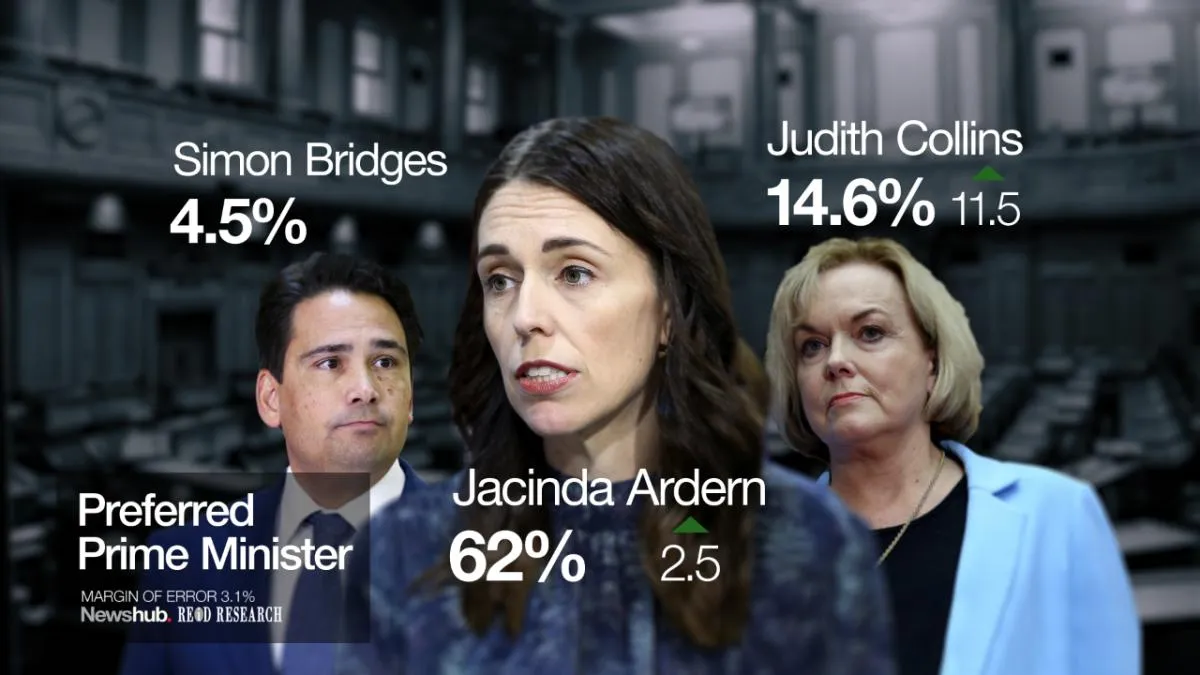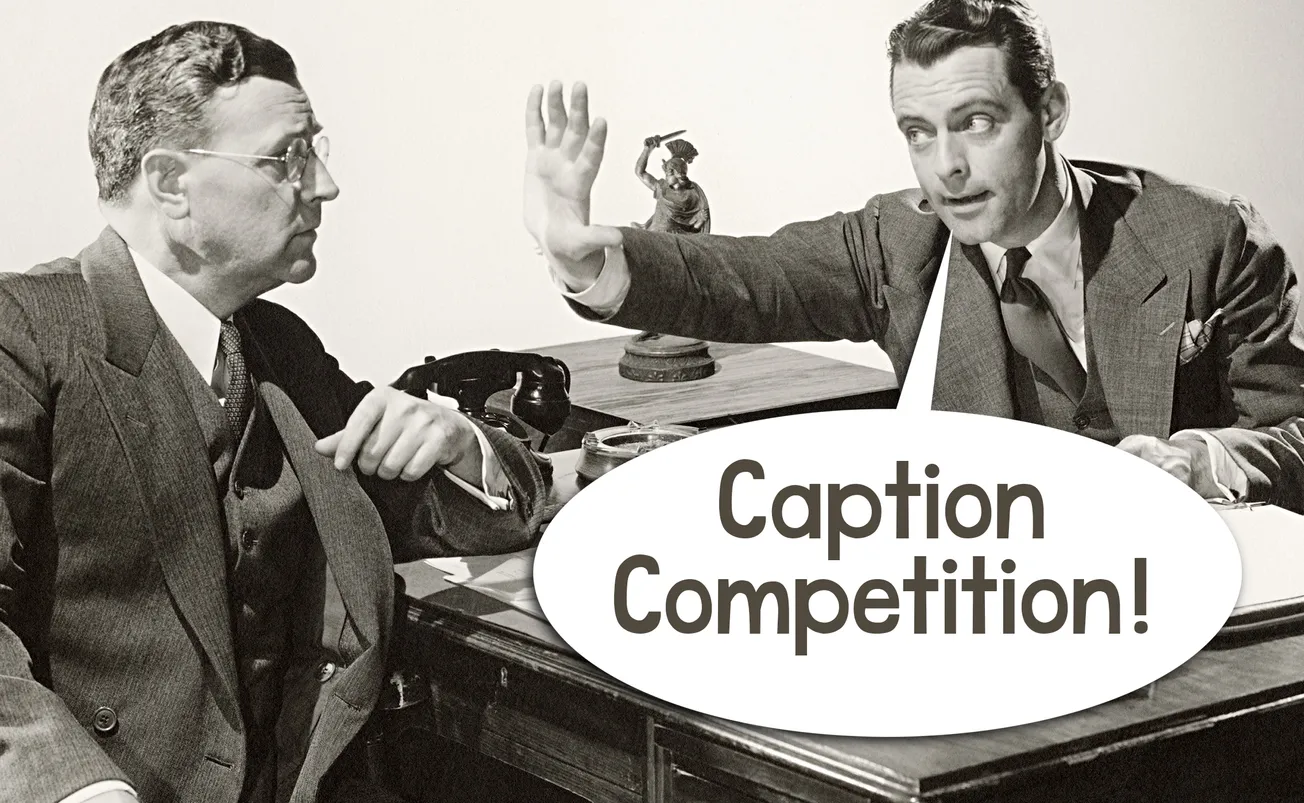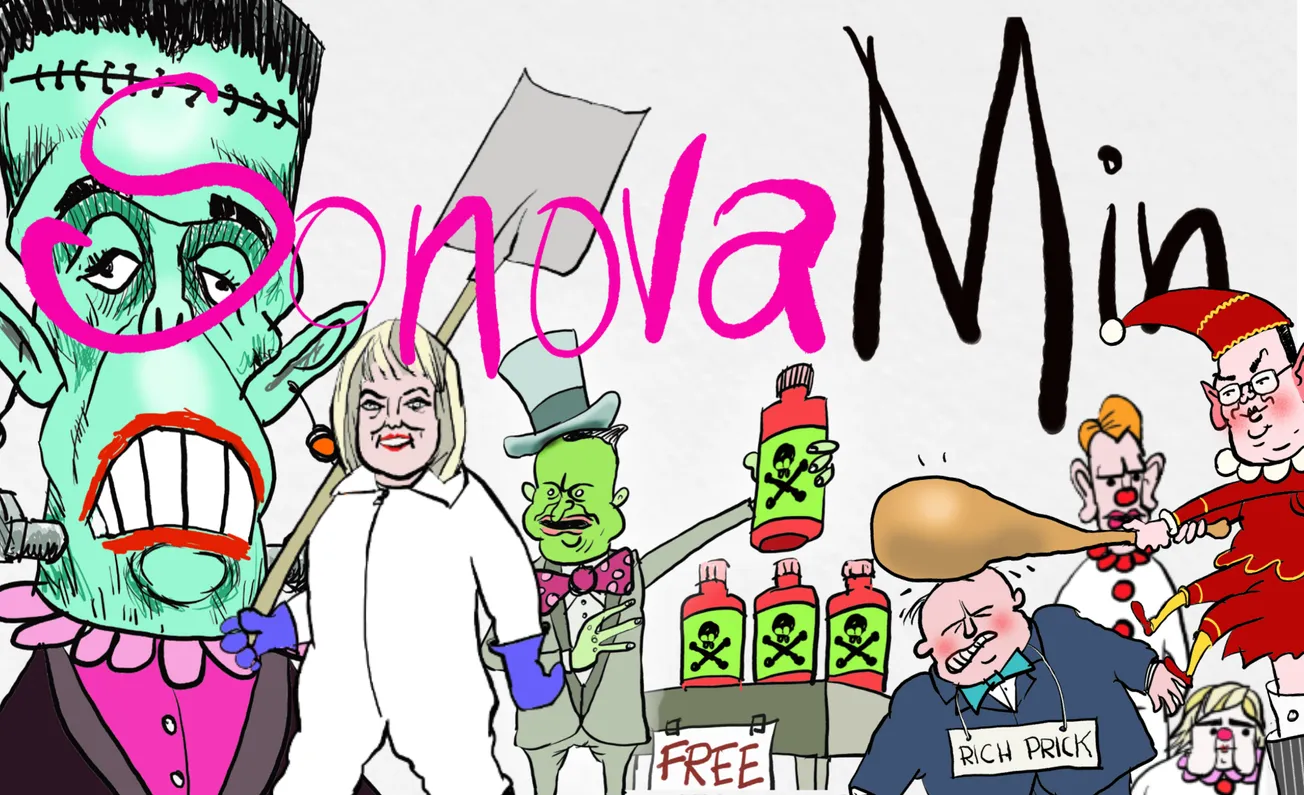Table of Contents
Political reporters love polls with unexpected results because it gives them more airtime for speculation.
Tova O’Brien went berserk when Newshub’s latest political poll showed Labour galloping 36% ahead of National. She basked in consternation from the side lines about the accuracy of a poll way out of line with the trends indicated by other polling.
Stuff has been surveying voters for weeks and say Judith Collins is trending the National Party upwards and that her leadership is “game on” for the election. Previous Stuff polling has accurately depicted trends in voter sentiment.
“When it comes to National voters at least, the 2020 Stuff/Massey University election survey seems to agree. The change of leadership appears to have had a rallying effect on the party’s supporters.
More than 70,000 people responded to the survey; a huge increase on the last election, when more than 40,000 took part.”
Prior to the leadership change, the number of people responding to the survey who said they would probably vote National stood at 23.7 per cent support. After Collins took over, that number jumped to 40.2 per cent.
Likewise, when people were asked about which leader they felt closest to, only 10 per cent named former leader Todd Muller, while 52 per cent named Prime Minister Jacinda Ardern. But those numbers changed markedly after the leadership change, with 31.7 naming Collins, while Ardern dropped to 47.2 per cent.
Cam Slater writing for Insight had this to say.
“By the time you hear this we will have had the latest Newshub poll. And they’ve really whipped out a bad one that simply can’t be taken seriously.
Newshub should be asking for a refund as it is so out of whack it can truly be called a rogue poll.”
Political commentator David Farrar agrees.
“I do not believe this poll is even close to reflecting the actual situation. There is no way there is a 36% gap between the parties. The numerous polls I have seen and done have it way way closer.”
Tova O’Brien is not deterred, simply fixated on Judith Collins’ “rogue poll” assessment.
“To try and keep the caucus on side, Collins delivered a classic political move – if you can’t deliver in the polls, pretend they’re rubbish.
“It must be a rogue poll,” she said.
Collins insists she’s seeing rave reviews – when the reality is anything but.”
What reality? O’Brien has forgotten the speculative nature of polling. Numbers can be way out as seen in US 2016 election and in Australia with Scott Morrison’s 2019 win where he blocked Labour’s path with a “devastating result in the coal-rich state of Queensland, which backed the Pentecostal church-going Prime Minister by defying expectations and delivering several marginal seats to his government.”

The Pew Research Centre examined why the polling ahead of the US 2016 presidential election was so wrong.
“Relying largely on opinion polls, election forecasters put Clinton’s chance of winning at anywhere from 70% to as high as 99%, and pegged her as the heavy favorite to win a number of states such as Pennsylvania and Wisconsin that in the end were taken by Trump.”
“There is a great deal of speculation but no clear answers as to the cause of the disconnect, but there is one point of agreement: Across the board, polls underestimated Trump’s level of support.
The fact that so many forecasts were off-target was particularly notable given the increasingly wide variety of methodologies being tested and reported via the mainstream media and other channels. The traditional telephone polls of recent decades are now joined by increasing numbers of high profile, online probability and nonprobability sample surveys, as well as prediction markets, all of which showed similar errors.”
There are many reasons why forecasts are off target. Some polling respondents do not like being surveyed and are therefore omitted; some people lie and the third possibility involves the models that pollsters develop to identify the way people are likely to vote – Pew Research calls the modelling a “notoriously difficult task”.
Collins can take credit for a resurgence in National Party support from previous conservative voters who were left high and dry by the party’s labour lite policies.
Ardern can take credit for weeks of lockdown but the delayed economic effect won’t be apparent until just prior to the election when the wage subsidy ends.
This election will be won by the party offering a path out of border closure and a financial way forward to right the financial damage wreaked by the lockdown. The prize will go to the most forward-thinking and capable leader. Game on!
If you enjoyed this BFD post please consider sharing it with your friends.







